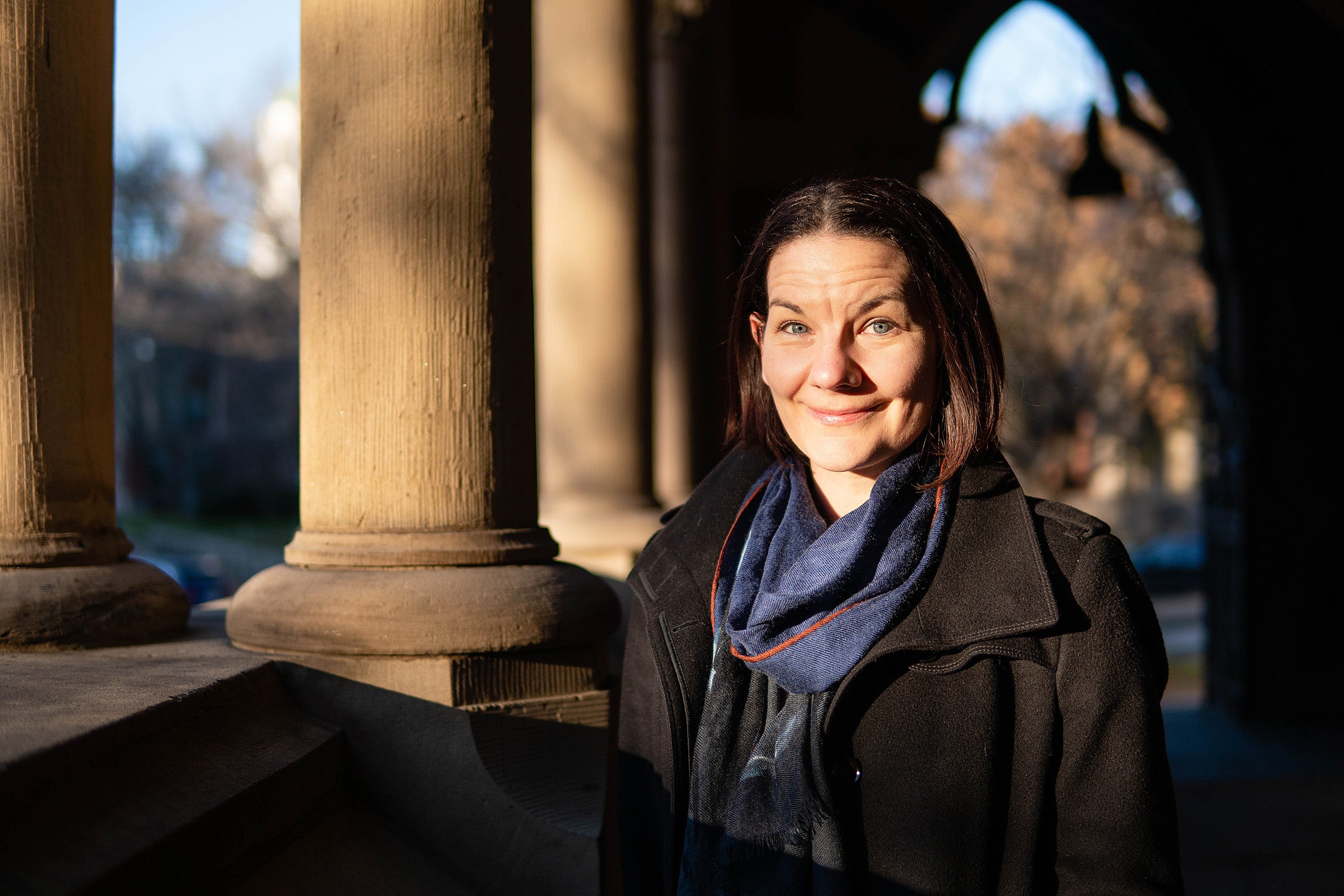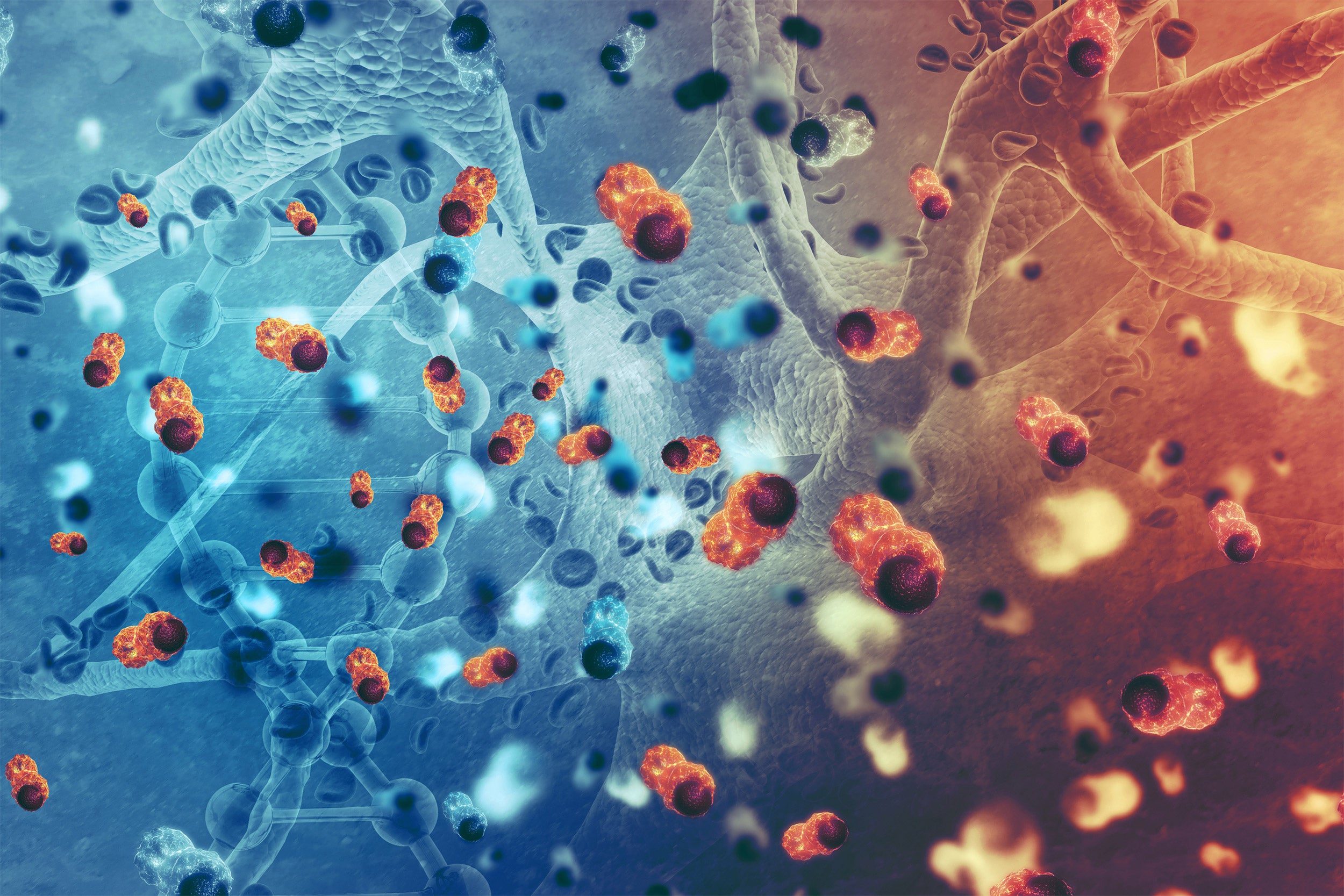New technology could provide rapid detection of COVID-19
The CRISPR-based molecular diagnostics chip’s capacity ranges from detecting a single type of virus in more than 1,000 samples at a time to searching a small number of samples for more than 160 different viruses, including the COVID-19 virus.
April 29, 2020 • ~8 min
Broad Institute races to enable coronavirus testing
Facing a pandemic, scientific and administrative teams across the Broad Institute raced to enable coronavirus testing in a matter of days.
March 30, 2020 • ~19 min
How CRISPR technology is advancing
Fewer off-target edits and greater targeting scope bring gene editing technology closer to treating human diseases.
Feb. 14, 2020 • ~7 min
Brigham, Broad Institute researchers ID molecules that rein in CRISPR systems
Scientists have identified the first chemical compounds able to inhibit and regulate CRISPR systems, which could ultimately make CRISPR gene-editing technologies more precise, efficient, and safe.
May 2, 2019 • ~5 min
New tool calculates genetic risk for obesity
A “polygenic score” for obesity, a quantitative tool that predicts an individual’s inherited risk for becoming overweight, may identify an opportunity for early intervention.
April 18, 2019 • ~6 min
/
2





